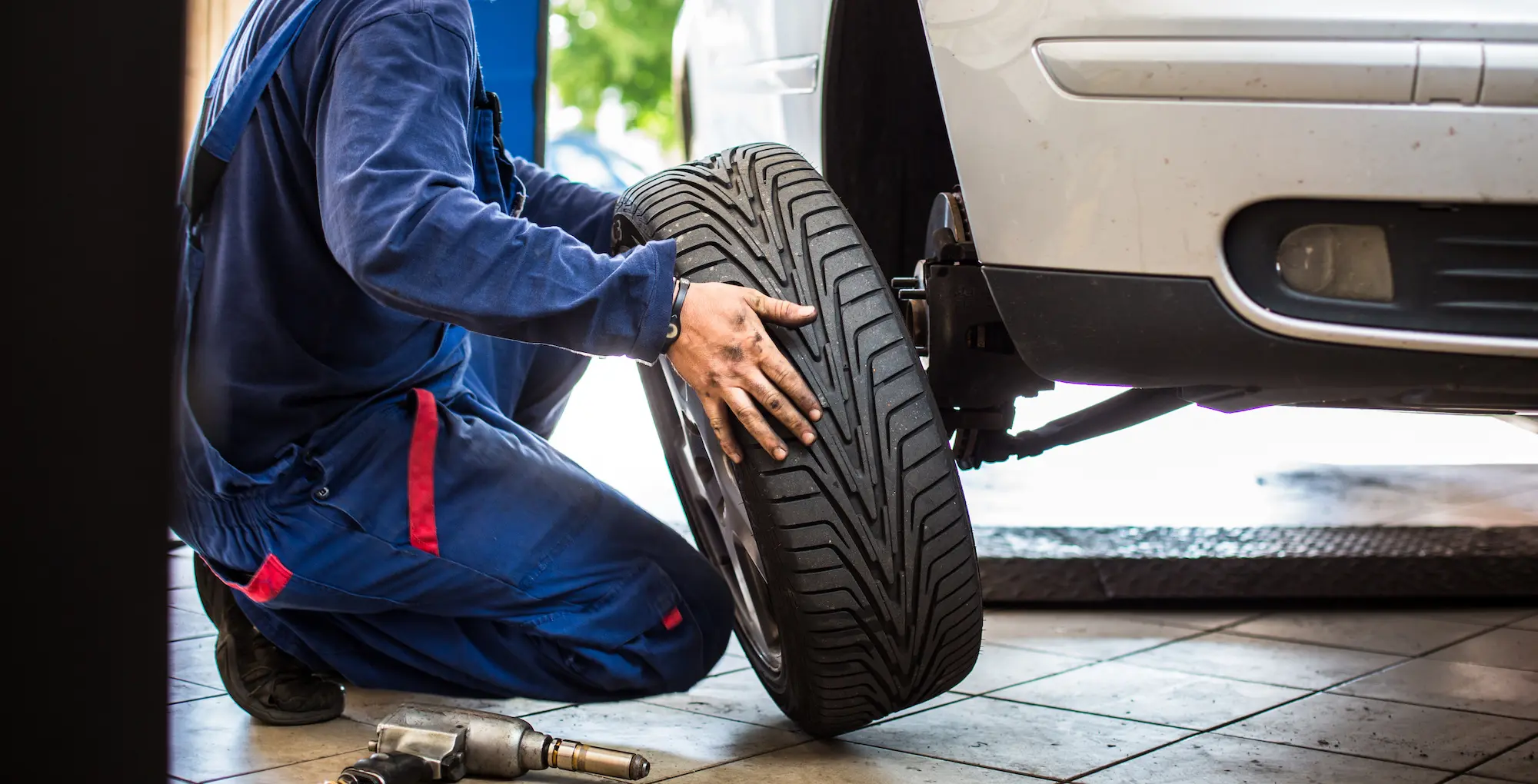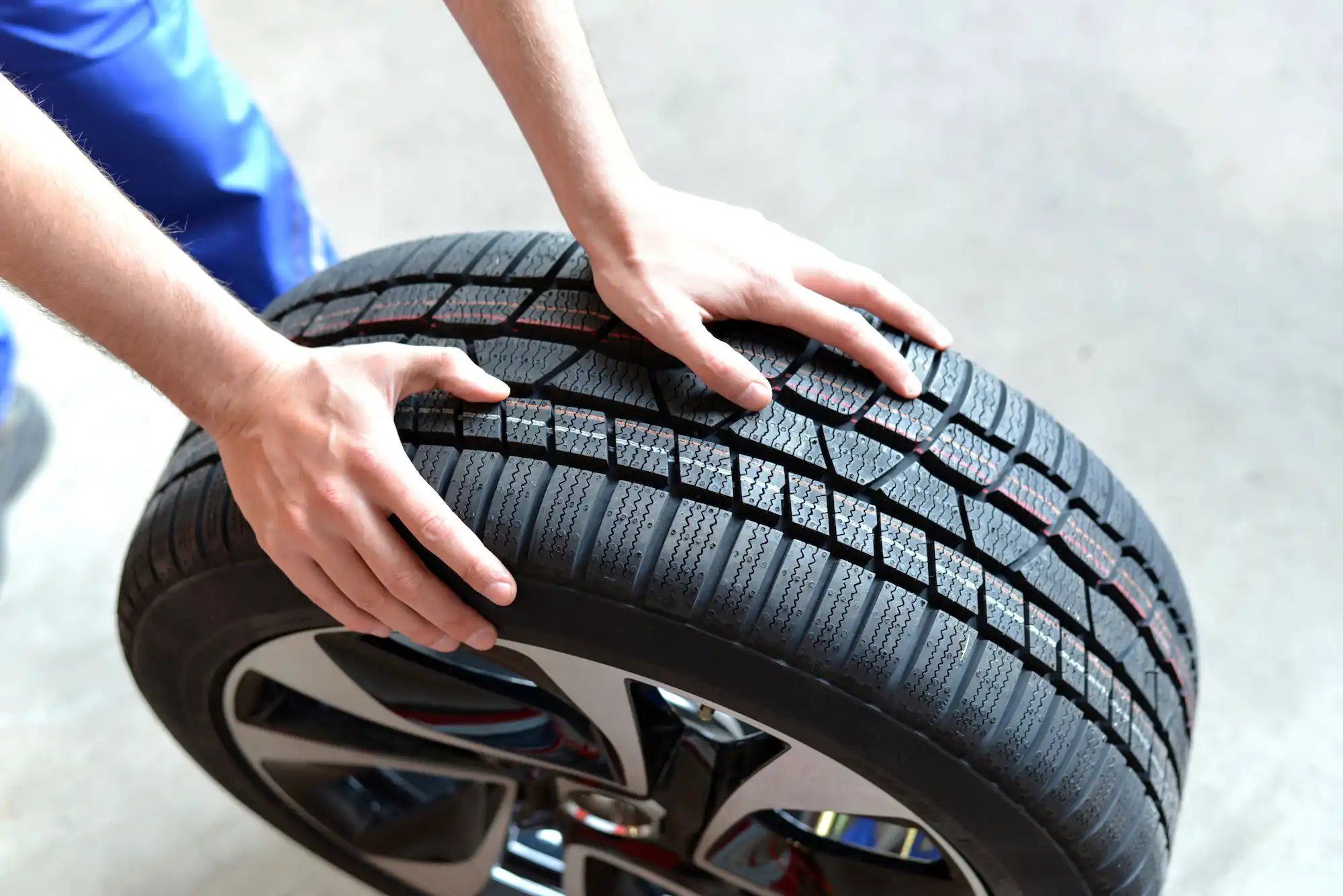Should You Insure Your Tyres?
Published on: Thursday, 12 October 2023 | Author: Jack Dreyer
The question of insurance is always one of “what if”, right? Other than that car insurance is a legal requirement, most other forms of insurance really boil down to this: how much of a pain would it be to replace this thing if it broke, was stolen, or got lost? How much would I have to pay to replace it? And how quickly would I need that to happen?
What’s more, this is always a balancing act.
If you have a particularly valuable chair at home, it may be expensive to replace but the likelihood of it breaking, getting lost, or being stolen are comparatively low. It’d be quite reasonable, then, to avoid insuring that chair. The cost to reward ratio isn’t really worth the cost (unless, of course, it is!).
Tyres, by virtue of being some of the most punished components of cars, are at constant risk of damage, punctures, premature wear, and seasonal changes in humidity, temperature, and road conditions.
So we have to ask, is it worth insuring your tyres?
What kind of tyres do you have fitted?
Before establishing whether it’s worth insuring your tyres, it’s probably worth establishing what kind & type of tyres you have fitted on your car. If you’ve fitted some bottom-shelf, patchwork part-worn tyres you bought from your neighbour, then you’re likely not getting any peace of mind by insuring them. But if you’ve just fitted a new set of original equipment tyres made by premium manufacturers – we certainly advise you do.
The same logic applies to seasonal tyres. If you’ve invested in a great set of both summer and winter tyres, or even just a quality set of all-season tyres, then you’re likely wanting to ensure that they last as long as possible.
Fundamentally, the biggest problem with tyres is that you could invest in a brand-new set of tyres, the best in class for everything from fuel efficiency to noise, and get a puncture in every one of them as soon as you drive out of the garage.
In this case, the question is then to ask what kind of insurance is suitable.
What condition are your tyres in?
You can also insure tyres after the point of purchasing them if you wish to do so.
Good quality tyres from premium manufacturers are usually expected to last for at least 20,000 miles of normal driving so, with average yearly commuting times, can be expected to last dependably for 4–6 years.
If the tyres aren’t driven into curbs or pick up punctures, it’s the tread pattern and depth that wears and leaves them less able to grip the road and adequately remove water from the surface. If you only fitted your tyres last year and there’s ample tread depth left, the cost-risk-reward ratio stays quite good for insuring them!

Investing in TyreCare
If you’re investing in tyres, you should also invest in TyreCare. TyreCare is our comprehensive tyre insurance that’s affordably scalable and designed to meet the expected needs of most day-to-day drivers.
It starts from as little as £5.99 per tyre and keeps them covered for 12 months. Find out more about TyreCare here and, if you need to upgrade your tyres, get in touch with your local Tyre Pros centre for expert services.




